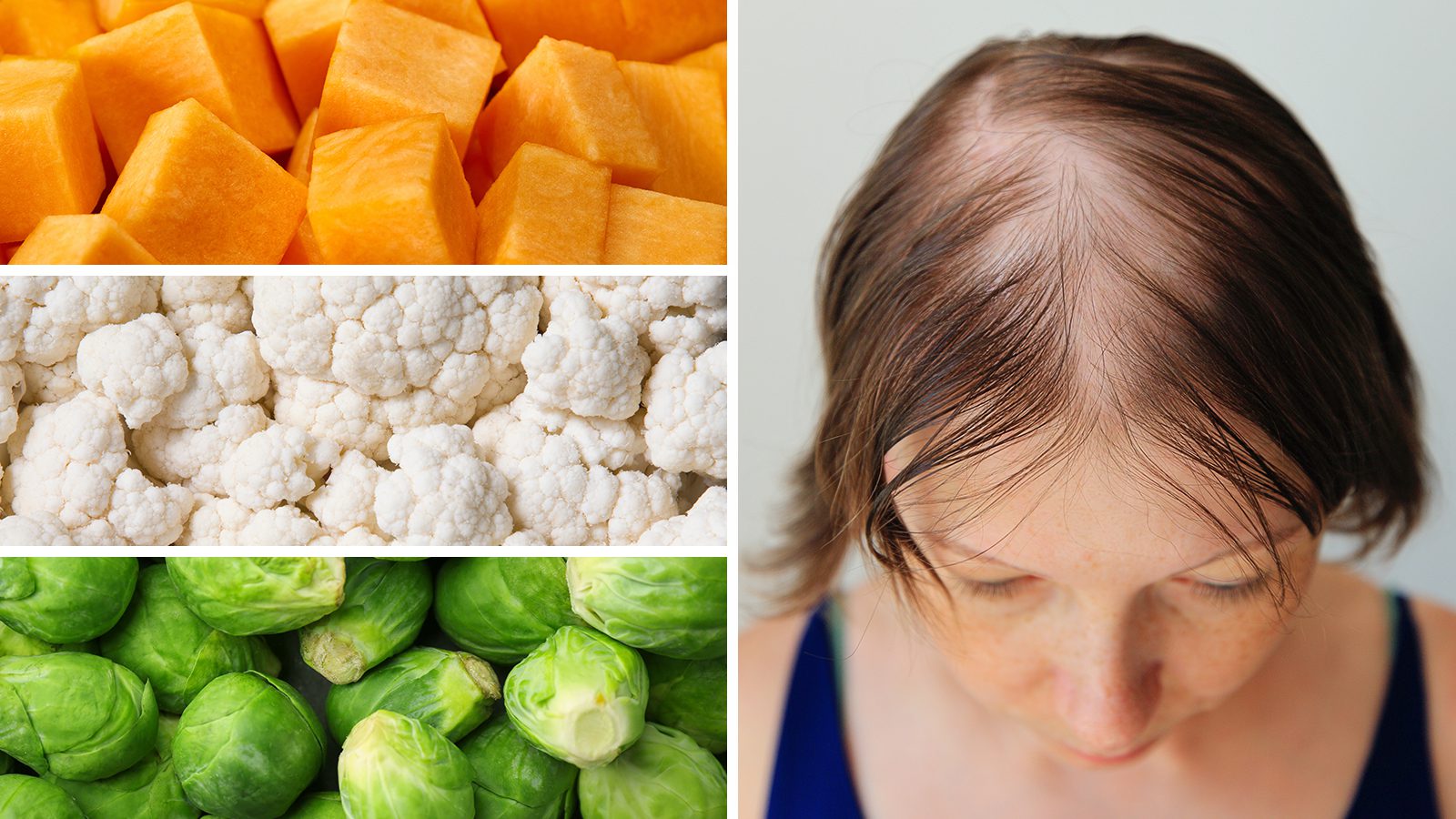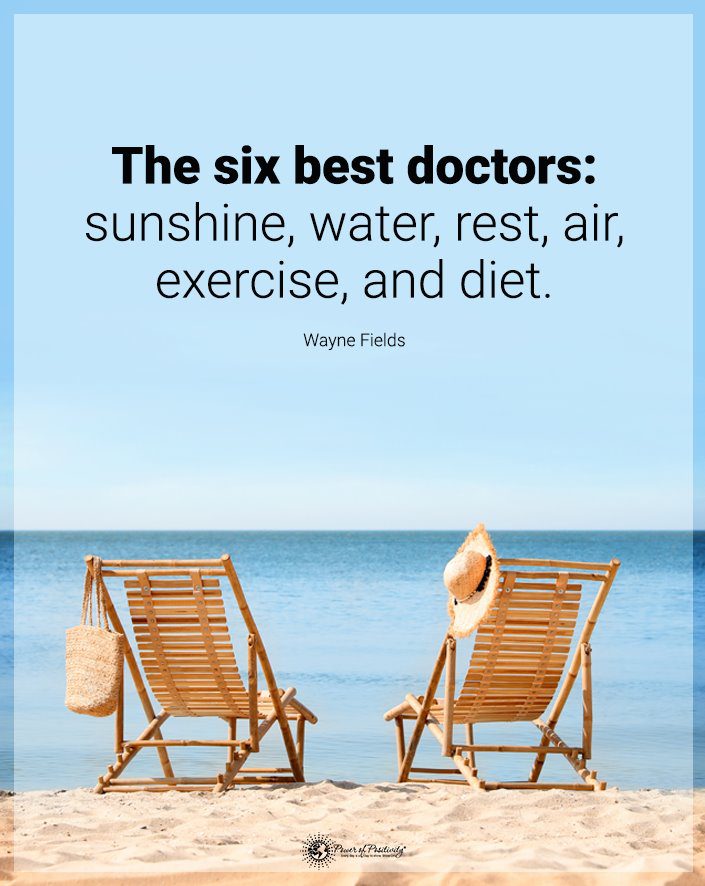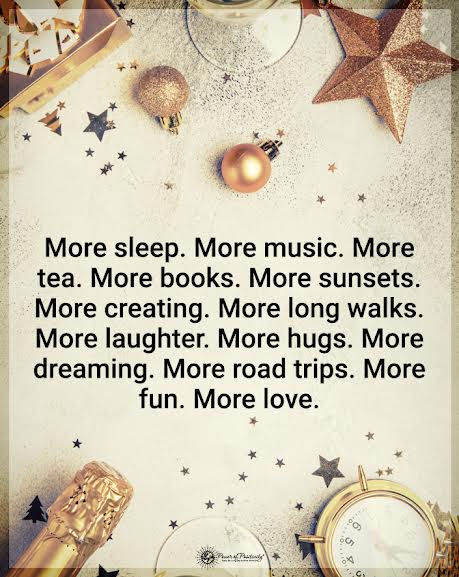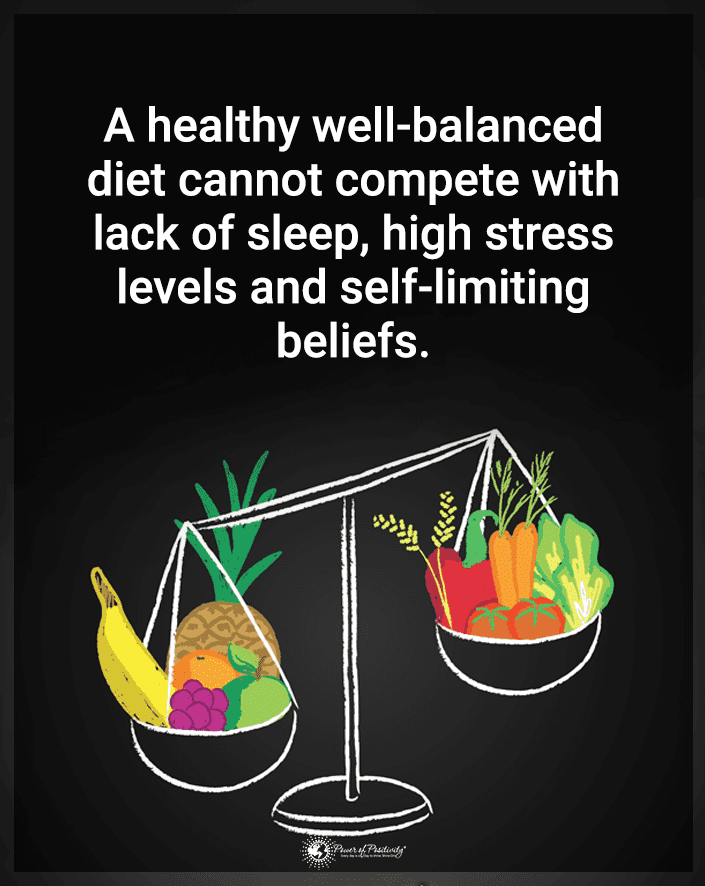If you want to increase your hair growth, you must take care of it. Having healthy hair requires essential vitamins and nutrients. You might experience hair loss, thinning, and shedding if you don’t have these essential vitamins.
Maintaining a nutritious diet can help you restore and grow your hair. Whether you want longer or thicker hair, focusing on your diet and overall health can make a difference. You can find options to ease thinning hair and regrow what you’ve lost.
If you experience nutrient deficiencies, a supplement can benefit the growth process. It can help you grow beautiful hair that shines and feels good.
Incorporating specific vitamins into your diet can support hair growth and improve overall hair health. You’ll experience less shedding and thinning, allowing your hair to look full and healthy.
The Importance of Consulting with a Doctor or Nutritionist if You Have Slow Hair Growth
Talking to your doctor can help determine if medical conditions cause slow hair growth. If so, treating the underlying cause is better, and you may not have to rely on vitamin supplements. Some medical conditions that cause hair loss include the following:
- alopecia areata
- scalp psoriasis
- scarring alopecia
- sexually transmitted infections
- thyroid disease
- fungal infection of the scalp
- lupus
Dietary Supplementation and Hair Growth
You might consider dietary supplements if you notice hair loss or thinning. However, there are some cautions for using hair growth supplements. Consulting a healthcare provider before taking supplements is essential to ensure it’s safe for you to consume.
For starters, many pills and gummies for hair growth aren’t approved by the FDA, meaning there aren’t regulations on them. It’s hard to know what you’re putting into your body because companies can use additives and not include them in the ingredient list.
Additionally, some supplements could trigger drug interactions with prescription medications you take. Asking your doctor before you start taking them can ensure you don’t disrupt the effects of your medicine.
Other times, your medication side effects might cause hair loss. You can discuss switching prescriptions or other options with your doctor.
After consulting your doctor and they clear you for vitamin supplements, you can consider them to reverse deficiencies. However, finding these vitamins in food is an even better option if possible.
Eight Best Vitamins for Hair Growth
Your age, genetics, hormones, stress levels, and medical conditions can influence hair growth and health. Smoking and exposure to UV radiation also factor into your hair’s health. However, your nutrition levels play a role.
Overcoming vitamin and mineral deficiencies can improve cell growth and function to promote hair growth. You can’t control all the other aspects, but you can adjust your diet. Using supplements for hair growth won’t produce instant results. It takes time, so don’t give up if it doesn’t work for a few months. Some of the essential vitamins include these:
1. Vitamin A
Vitamin A is an antioxidant essential for cell growth, helping your hair grow. This vitamin also produces sebum, the oil that moisturizes your scalp and maintains healthy hair.
A deficiency can disrupt tissues, resulting in hair thinning and loss. However, too much of this vitamin can cause hair loss and reduced sebum production. You must take care if you supplement and ensure a deficiency.
You can find vitamin A in the following foods:
- milk
- eggs
- yogurt
- sweet potatoes
- carrots
- spinach
- pumpkin
- kale
2. B Vitamins
B vitamins, including biotin, niacin, folate, and vitamin B12, can help with hair growth. These water-soluble vitamins promote cell development and regeneration.
- Niacin, known as vitamin B-3, cleanses the blood and encourages circulation.
- Biotin, or B-7, promotes amino acids, fatty acids, and glucose, all essential for hair health.
- Folate, or B-9, contains folic acids that support amino acid metabolism that travels through your blood and supports hair follicles.
- Vitamin B-12 is essential for red blood cell formation that aids in new hair growth.
Being deficient in these vitamins can contribute to hair loss or slow growth. B vitamins help create red blood cells, promote follicle health, and condition and strengthen your hair.
If you want to increase your B vitamin intake, you can eat:
- seafood
- whole grains
- dark leafy greens
- avocados
- eggs
- seeds
- nuts
- sweet potatoes
- broccoli
- cauliflower
- meat
- bananas
3. Vitamin C
Vitamin C is a powerful antioxidant that helps fight free radicals that disrupt hair health and growth. The free radicals damage cellular structural membranes, lipids, proteins, and DNA.
Experts linked oxidative stress to hair loss. Vitamin C can protect your fair from this stress, helping it stay healthy. This vitamin is also beneficial to your immune system, combating scalp microbes that prevent hair growth.
It also promotes iron absorption and helps produce collagen-containing amino acids that contribute to building keratin. Since keratin is the protein that makes hair, you don’t want to go too long without fixing a deficiency.
Vitamin C helps blood circulate throughout your body, stimulating your scalp and hair follicles and encouraging hair growth. You can increase your intake by consuming the following:
- strawberries
- peppers
- citrus fruits
- kale
- brussels sprouts
- broccoli
4. Vitamin D
You can get Vitamin D from sun exposure or through your diet. The word vitamin might throw you off here because Vitamin D is a hormone. It is necessary for calcium absorption and cell growth, making it essential for your hair.
Vitamin D gets metabolized by keratinocytes that produce keratin. Without enough Vitamin D, keratinocytes can’t stimulate hair follicles for growth.
Since it promotes cell growth, it helps create new red blood cells for hair follicles. Without it, you may experience shedding and hair loss. Vitamin D has been linked to alopecia, so getting enough is essential to hair health.
Vitamin D deficiency is commonplace, so it’s an excellent place to determine which vitamins you lack. You can increase your Vitamin D intake by spending time outside in the sun or by eating:
- fatty fish
- mushrooms
- fortified juices, milk, cereal, or yogurt
- egg yolks
5. Vitamin E
Vitamin E is an antioxidant that can make your hair look longer, shinier, and stronger. It can neutralize free radicals and reduce oxidative stress that disrupts cell regeneration. Without vitamin E to fight these things, it could cause hair follicle cells to break down.
This vitamin also improves collagen, enhancing hair growth and cell health. Vitamin E promotes scalp health as it encourages circulation, stimulating hair follicles. It can also help repair damage caused by chemicals, heat, and styling products.
You can find vitamin E in fortified shampoos and conditioners. You can also take a supplement or find it in the following foods:
- leafy greens
- nuts
- seeds
- vegetable oil
- fortified cereal
6. Iron
Iron is essential for oxygen transport and cell growth. A deficiency can lead to a lack of oxygen in your tissues. It causes anemia and hair loss, most commonly in women. A lack of iron can also lead to skin disorders and issues that cause shedding.
Without enough iron, your body will stop sending it to your hair. The hair volume will decline so the rest of your body can get the iron it needs.
Those who experience hair loss often have low levels of ferritin in their body. Ferritin is a protein that clings to iron and link to hair loss. You can find iron in these foods:
- red meat
- dark leafy greens
- lentils
- tofu
- beans
- clams
- chicken
- eggs
7. Zinc
Zinc is necessary for immune function, cell growth, and hormone balance. The improved immune function keeps your scalp healthy, promoting growth. Without enough of this mineral, you can experience hair loss because it’s essential for follicle function and recovery.
Zinc is a micronutrient that is crucial for skin and hair health. It has antioxidant and anti-inflammatory properties that regulate oxidative stress. Zinc is also essential for hormone balance and regulation. Thus, a deficiency can cause hormonal imbalance.
You can find zinc in the following foods:
- beef
- lentils
- oysters
- spinach
- beans
- nuts
- seeds
- turkey
- pork
- shrimp
- crab
- sardines
- Greek yogurt
8. Omega-3 Fatty Acids
Omega-3 fatty acids are essential for reducing inflammation and boosting cell membrane health. They nourish your scalp and hair while easing hair loss caused by inflammation. On the other hand, a deficiency can cause hair loss and thinning.
You can find it in fish oil supplements or the following foods:
- fish, including salmon, mackerel, tuna, white fish, and sardines
- flaxseed
- avocado
- egg yolks
- walnuts
- hemp seeds
- soybean oil
- chia seeds
Final Thoughts on How to Support Healthy Hair With Vitamins
Poor nutrition resulting in vitamin deficiencies is a common cause of hair loss. These essential vitamins work together to promote hair growth. They also improve your hair’s health, making it look shiny, vibrant, and strong.
The best vitamins for hair growth also have other health benefits, making your efforts worth it in multiple ways. Remember to talk to your healthcare provider before starting any supplement regimen.
It will take time to notice a difference after using supplements and increasing vitamin intake. Sometimes you’ll notice after a few months, so consistency is essential. Focus on taking in enough of each vitamin to see the best results.






















